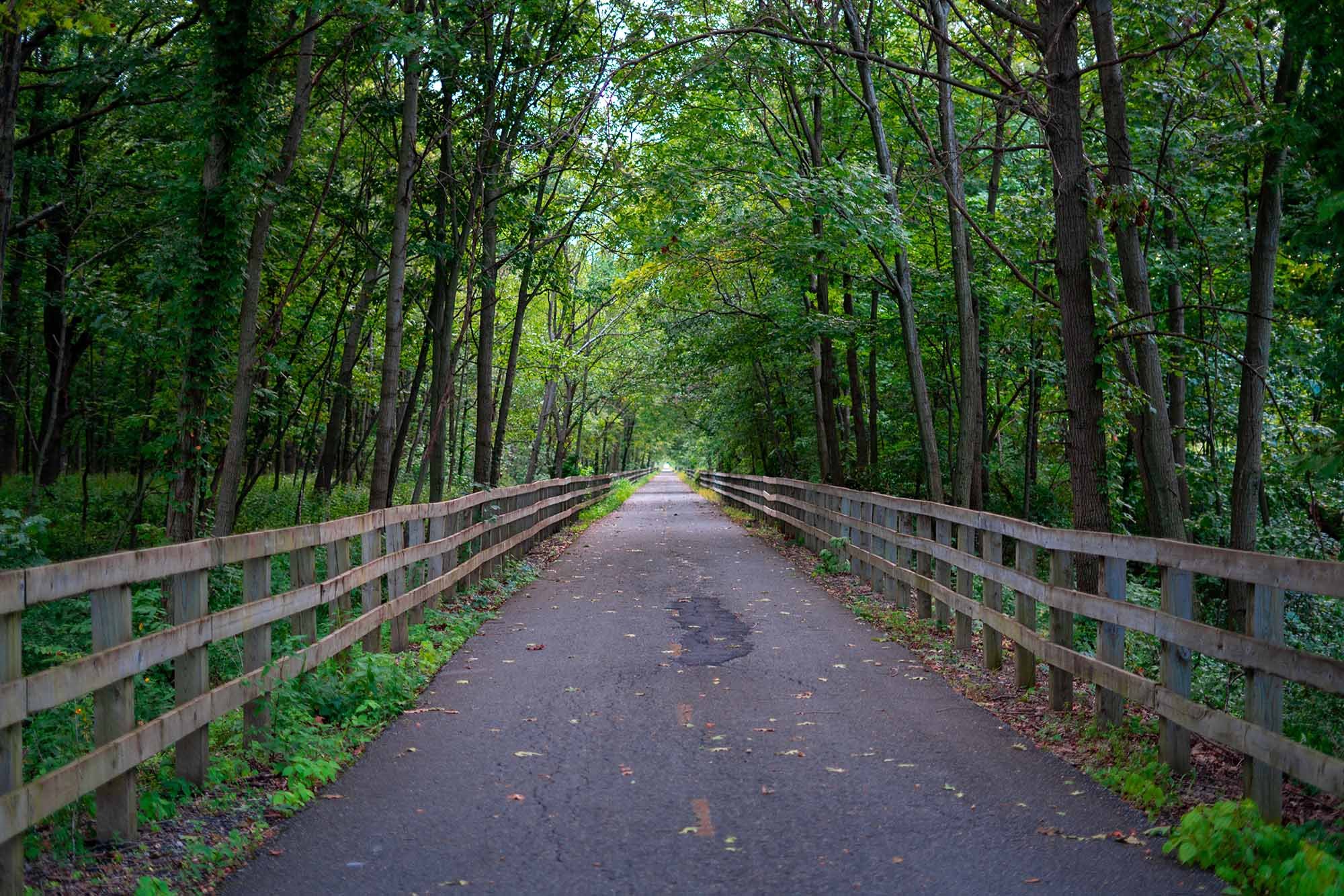
Land Acknowledgment
What is a Land Acknowledgment?
A Land Acknowledgement is a formal statement that recognizes and respects Indigenous Peoples as traditional stewards of this land and the enduring relationship that exists between Indigenous Peoples and their traditional territories. Hear what it means to members of the Native American and Indigenous Peoples Steering Group at Northwestern.
Why do we recognize the land?
To recognize the land is an expression of gratitude and appreciation to those whose territory you reside on, and a way of honoring the Indigenous people who have been living and working on the land from time immemorial. It is important to understand the long standing history that has brought you to reside on the land, and to seek to understand your place within that history. Land acknowledgements do not exist in a past tense, or historical context: colonialism is a current ongoing process, and we need to build our mindfulness of our present participation. It is also worth noting that acknowledging the land is Indigenous protocol. (Northwestern University Native American and Indigenous Initiatives.)

FED: Food Expo & Discussion Land Acknowledgment
We acknowledge that the land we are on today at County Line Orchard is the ancestral territory of the Potawatomi, Miami and Sauk people, who have been known to live here for thousands of years. We acknowledge the history of dispossession of this land from these inhabitants today. Colonialism is a current ongoing process and not limited to the confines of history; and we need to build our mindfulness of our present participation.
NW Indiana is the original homelands of the Council of the Three Fires, the Ojibwe, Potawatomi, and Odawa as well as the Miami and Sauk nations. Long before steel mills, refineries and suburban landscapes spread across our region, these Indigenous Nations have been in relationship with the land. For thousands of years, these Native peoples have stewarded the land, the water and all its bountiful resources with deeply held principles of respect, harmony and reciprocity.
By the end of the 18th century, Potawatomi tribal villages were being displaced by white settlements, ultimately ushering in the American treaty era. Through a series of treaties, beginning in 1789, the Potawatomi tribal estate totaling more than 89 million acres in the Great Lakes Region was gradually reduced. The federal government continued reducing Potawatomi landholdings by removing them to smaller reserves in Iowa, Missouri and finally Kansas. Between 1818 and 1837, many bands of the Potawatomi were coerced to cede their lands in Indiana to the federal government. In 1838, the remaining Potawatomi were forced by military removal to reservations in Kansas in what is known as the The Potawatomi Trail of Death. During the journey of approximately 660 miles over 2 months, more than 40 persons died, most of them children. It marked the single largest Indian removal in Indiana history. (“The Trail of Death.” Citizen Potawatomi Nation)
Today, Indigenous peoples continue to protect and remain in relationship with this land and will do so for all eternity. It is vital to honor these beginnings and recognize the ongoing dedication and importance of Indigenous culture within our communities and within the land that we gather, live, learn and work on.
The NWI Food Council is committed to ongoing partnerships to engage in lifting up and supporting the work of Indigenous organizations. Our land acknowledgment is intended to be a small part of a larger commitment to bring awareness to and atone for a history of trauma and abuse to Black, Indigenous and People of Color in our community and beyond. Today, we are grateful to gather as visitors on this land and promise to use our time together to intentionally build power through partnerships, and respect for sovereignty and self-determination.
Tribal Organizations & Information
The Prairie People: Continuity and Change in Potawatomi Indian Culture - Book by James A. Clifton
The Potawatomis: Keepers of the Fire - Book by David R. Edmunds
The Miami Indians of Indiana: a persistent people, 1654-1994 - Book by Stewart Rafert
Porter County’s Past: Native American Mounds and Burial Grounds in Porter County
More Organizations & Information
Land Acknowledgment Resources
Publication: “Indigenous Allyship: An Overview”
U.S. Department of Arts & Culture Publication: “Honor Native Land Guide”
Cultural & Historical Resources
History of the Battle of Tippecanoe - Tippecanoe County Historical Association
UN Declaration of the Rights of Indigenous People
Purdue University Native American Educational and Cultural Center
Eating the Landscape: American Indian Stories of Food, Identity, and Resilience - Book by Enrique Salmon
NAGPRA (Native American Graves Protection and Repatriation Act)
Indigenous Food Sovereignty in the United States: Restoring Cultural Knowledge, Protecting Environments, and Regaining Health - Book by Devon A. Mihesuah and Elizabeth Hoover, foreward by Winona LaDuke
Recovering the Sacred: the Power of Naming and Claiming - Book by Winona LaDuke
Our land acknowledgment is ever evolving to ensure deep respect and awareness of our history, present injustices and ingrained cultural behaviors. We welcome dialogue and feedback as we work together to build our mindfulness.
Are there more resources we should know about? Contact us and let us know.
